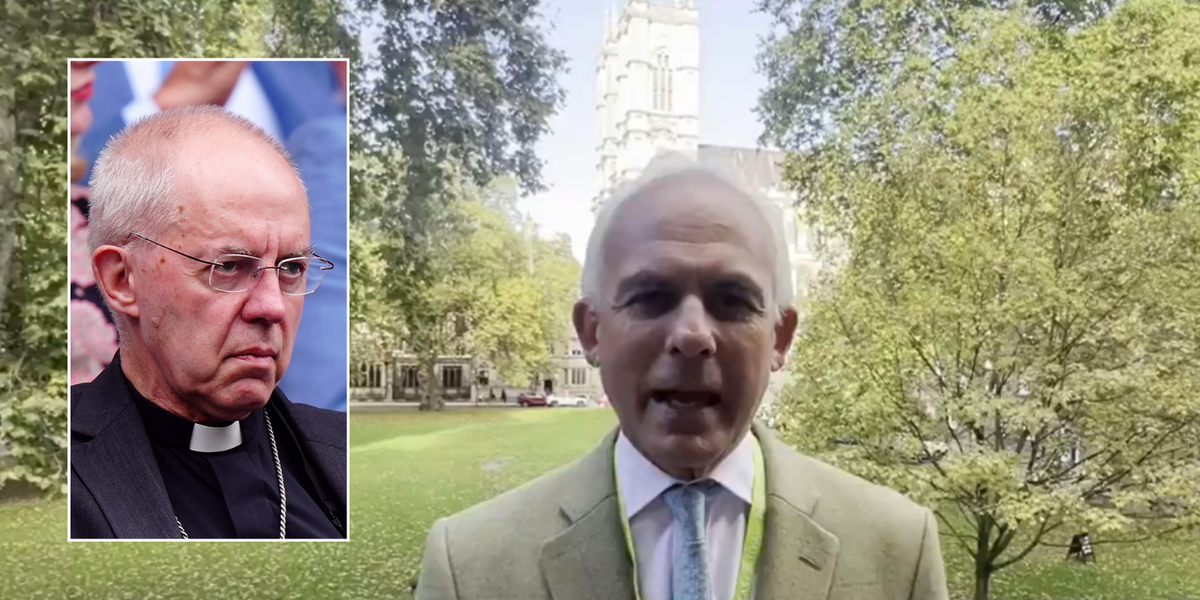The Battle of Ideas: Ben Habib’s Call to Celebrate British Legacy
In a world increasingly characterized by polarized views and contentious debates, the recent remarks made by former Member of the European Parliament (MEP) Ben Habib at the Battle of Ideas festival have sparked significant discussion. Habib’s assertion that "liberalism has gone mad" and is undermining the United Kingdom has resonated with many who feel that the nation’s identity is under siege. His call to stop "trashing Britain’s legacy" and instead celebrate its contributions to the world has opened a dialogue about national identity, historical accountability, and the future of the UK.
A Call for National Pride
During his speech, Habib emphasized the importance of national pride and unity, stating, “Our identity as a nation is itself being targeted.” He argued that the constitutional democratic unit of the United Kingdom cannot thrive if its citizens hold contempt for their history and heritage. This perspective invites a broader conversation about how history is taught and understood in contemporary society. Habib’s assertion that “such a unit can’t go forward proudly and prosperously if those who inhabit the islands don’t believe in the islands” challenges the prevailing narratives that often focus on the darker chapters of British history.
The Slavery Reparations Debate
Habib’s comments come at a time when the issue of slavery reparations is gaining traction, particularly within the Commonwealth. As Sir Keir Starmer prepares to meet Commonwealth leaders in Samoa, the topic of reparations remains contentious. While some leaders advocate for reparations as a means of addressing historical injustices, the UK government has firmly stated that it will not pay reparations. Habib’s critique of this movement highlights his belief that calls for reparations are part of a broader attack on British identity. He argues that “all those against whom those atrocities were committed are dead,” suggesting that the current generation should not bear the burden of historical wrongs.
Criticism of the Church of England
Habib did not shy away from criticizing prominent figures, including Justin Welby, the Archbishop of Canterbury. He expressed disappointment in Welby’s proactive stance on reparations, which includes a commitment from the Church of England to invest £100 million over nine years to address past wrongs linked to the slave trade. Habib contended that such actions contribute to a narrative that undermines the existence of England itself, stating, “Archbishop Welby should hold his head in shame.” This critique raises questions about the role of religious institutions in contemporary social justice movements and their impact on national identity.
Immigration and Cultural Dynamics
Another focal point of Habib’s speech was the impact of immigration and the promotion of diversity on British society. He argued that the celebration of ethnic and religious minorities, as well as various sexual identities, has sometimes come at the expense of the majority population. Habib characterized this phenomenon as “reverse racism,” suggesting that it fosters division rather than unity. His comments reflect a growing concern among some segments of the population that the emphasis on multiculturalism may overshadow the contributions and experiences of the majority.
The Role of the Battle of Ideas Festival
The Battle of Ideas festival, where Habib delivered his speech, is known for fostering open discussions on pressing societal issues. It aims to provide a platform for diverse viewpoints, encouraging participants to engage in no-holds-barred debates. The festival’s commitment to free speech aligns with Habib’s call for a more robust celebration of British history and identity, challenging attendees to consider the implications of their beliefs on the future of the nation.
Conclusion: A Complex Dialogue
Ben Habib’s remarks at the Battle of Ideas festival encapsulate a complex dialogue about national identity, historical accountability, and the impact of liberal ideologies on contemporary Britain. His call to celebrate British contributions to the world and to resist narratives that promote shame over pride resonates with many who feel that their national identity is under threat. As the debate over reparations and the role of history in shaping modern society continues, Habib’s perspective serves as a reminder of the importance of engaging in thoughtful discussions about the past, present, and future of the United Kingdom. In a time of division, the challenge remains: how can the UK honor its history while fostering a sense of unity and pride among all its citizens?
